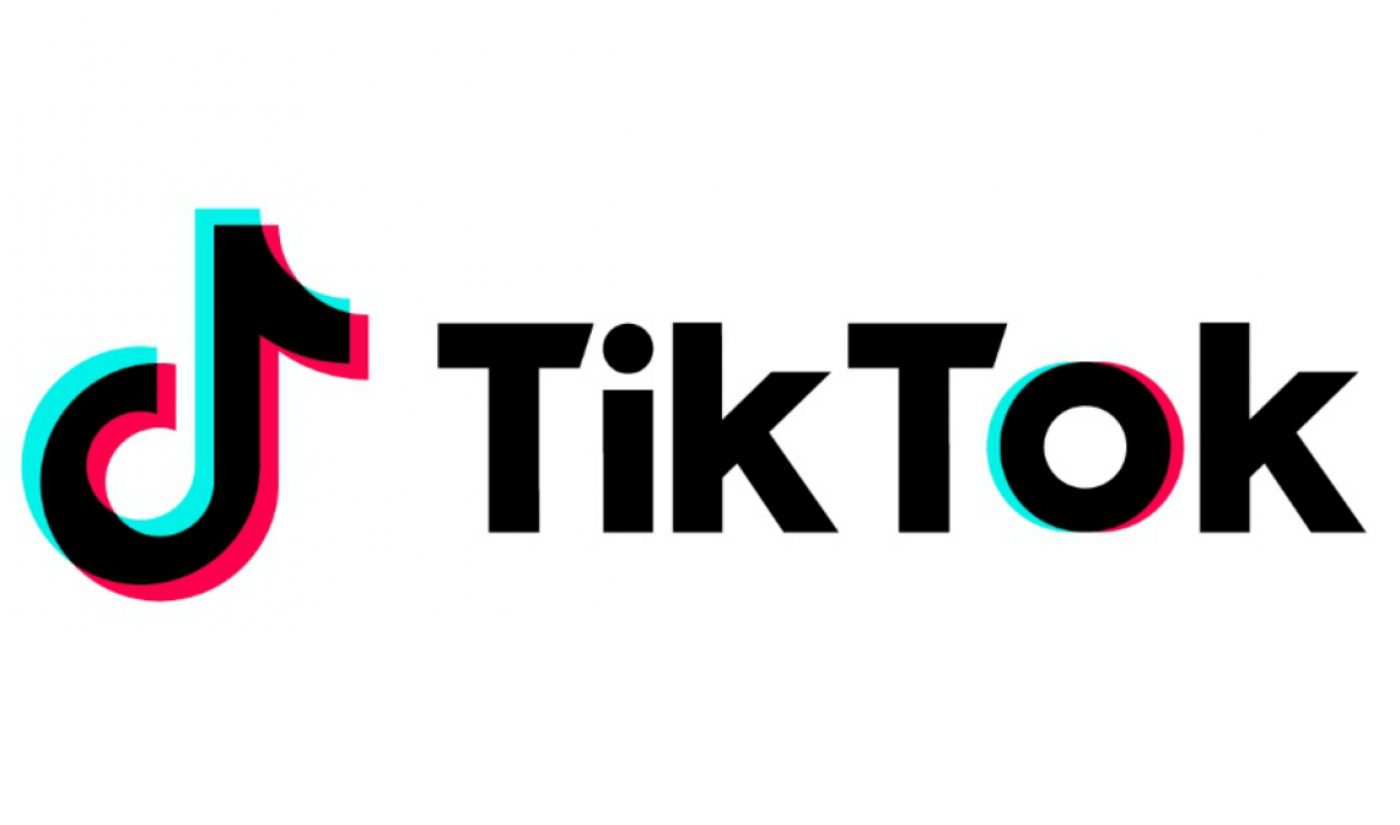Alex Zhu thinks the U.S. government’s national security probe into TikTok is “very interesting,” and says he’s “quite optimistic” about the outcome.
His opinion matters because Zhu is the former co-founder and co-CEO of Musical.ly, the lip-syncing app whose $800 million acquisition by TikTok’s parent company, Bytedance, is at the center of the government’s investigation. When Bytedance shuttered Musical.ly and folded its user base into TikTok last year, Zhu became head of TikTok, reporting directly to Bytedance CEO Zhang Yiming.
But despite the fact that TikTok is a Bytedance subsidiary, and despite the fact that Zhu reports to Yiming, TikTok’s user data, how it treats its users, and how it does or doesn’t censor content is entirely controlled by TikTok with no interjection from Bytedance, Zhu recently told The New York Times.

Subscribe for daily Tubefilter Top Stories
His statements are a direct response to concerns from the Committee on Foreign Investment in the United States (CFIUS), which is looking into whether China-based Bytedance’s purchase of Musical.ly and subsequent folding of Musical.ly into TikTok was part of a plot to control U.S.-based users’ content. The investigation appears to have been prompted by a letter from U.S. Senator Marco Rubio (R-Fla.), in which he cited concerns that TikTok was removing videos of Hong Kong protests, and alleged “the government of China is using these apps to advance their foreign policy and globally suppress freedom of speech, expression, and other freedoms that we as Americans so deeply cherish.”
His allegations that TikTok censors videos the Chinese government doesn’t approve of are seemingly supported by documents leaked in September that show TikTok’s moderators being instructed to remove content about political topics like Tiananmen Square and Tibetan independence.
Zhu, however, told the NYT that it doesn’t censor videos based on guidance from China, and said that even if Xi Jinping, the head of China’s communist government, personally asked Zhu to take down a TikTok video, “I would turn him down.” Zhu also said that TikTok’s user data is not ever given to Bytedance. Instead, it’s kept apart from the rest of Bytedance’s ventures, is held on TikTok servers in Virginia (with backups in Singapore), and “is only being used by TikTok for TikTok users.”
Things got a bit stickier when Zhu was asked how political content is handled on TikTok. Back when the moderation documents were leaked in September, Bytedance explained to The Guardian that “in TikTok’s early days, we took a blunt approach to minimizing conflict on the platform, and our moderation guidelines allowed penalties to be given for things like content that promoted conflict, such as between religious sects or ethnic groups.” The company added that as TikTok grew, “we recognized that this was not the correct approach.”
The new approach involves not taking “any action on politically sensitive content as long as it goes along with our community guidelines,” Vanessa Pappas, TikTok’s general manager in the U.S., told the NYT. (Those guidelines bar things like graphic violence, hate speech, and “any content that incites others to commit acts of violence.”)
But Zhu said TikTok’s content policies are still a work in progress, and seemed to leave room for TikTok to censor political content in the future. “Today, we are lucky, because users perceive TikTok as a platform for memes, for lip-syncing, for dancing, for fashion, for animals, but not so much for political discussion,” he said. “For political content that still aligns with this creative and joyful experience, I don’t see why we should control it.”
Zhu didn’t offer any details about CFIUS’ investigation aside from expressing optimism. The only details we have come from Reuters’ original report of the investigation, citing two anonymous sources who specifically described what’s going on as mitigation between CFIUS and TikTok. Mitigation generally means CFIUS is in talks with an entity about what it can do to lessen national security risks its behavior may pose.








